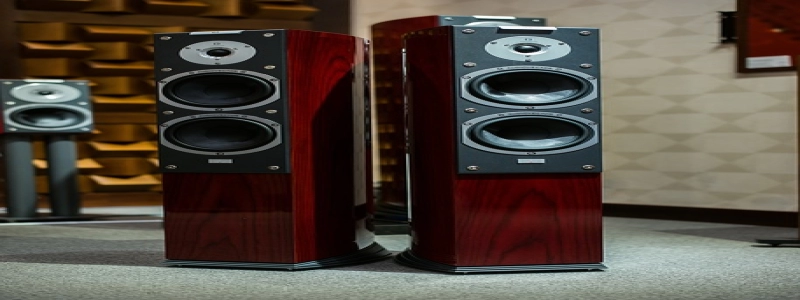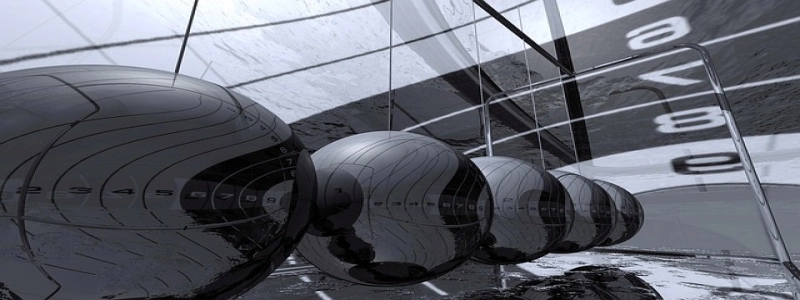Electrical Conduit Connectors Types
Introduction:
In the field of electrical installations, connectors play a crucial role in providing a secure and reliable connection between electrical conduit systems. These connectors are designed to join different types of conduits together or connect conduits to electrical boxes, ensuring proper electrical continuity. This article explores the various types of electrical conduit connectors and their applications.
I. Non-Metallic Connectors:
Non-metallic connectors are made from PVC or other non-metallic materials. They are commonly used in residential and commercial wiring installations due to their lightweight nature and ease of installation. Some popular types of non-metallic connectors include:
1. Flexible Non-Metallic Connectors:
These connectors are highly flexible and can be bent without the risk of breaking. They are ideal for applications where conduit systems need to be routed around obstructions or in curved paths. Flexible non-metallic connectors are commonly used in home electrical wiring systems.
2. Straight Non-Metallic Connectors:
As the name suggests, straight non-metallic connectors are used to connect straight sections of conduit. They feature a simple design that allows for quick and easy installation. These connectors are commonly used for indoor electrical installations.
II. Metallic Connectors:
Metallic connectors are made from durable and conductive materials such as steel or aluminum. They are known for their strength and ability to withstand harsh environmental conditions. Some commonly used metallic connectors are:
1. Rigid Metallic Connectors:
Rigid metallic connectors are used to connect rigid metal conduit (RMC) or intermediate metal conduit (IMC). These connectors provide excellent mechanical protection and are often used in commercial and industrial electrical installations where a higher level of durability is required.
2. Liquidtight Metallic Connectors:
Liquidtight metallic connectors are designed for outdoor or wet location installations. They provide a watertight seal and are commonly used in applications where exposure to moisture or liquids is a concern, such as underground wiring or outdoor lighting systems.
III. Compression Connectors:
Compression connectors are used to create a secure and durable connection between conduits and electrical boxes. They rely on a compression mechanism to ensure a tight fit. Some examples of compression connectors are:
1. Compression Couplings:
Compression couplings consist of two parts that are screwed together to compress and secure the conduit ends. They provide a strong and reliable connection and are widely used in various electrical installations.
2. Compression Connectors with Grounding Lug:
These connectors not only secure the conduits but also provide a grounding path. They feature a grounding lug that allows for the connection of grounding conductors, ensuring the safety of electrical systems.
Conclusion:
Choosing the right type of electrical conduit connectors is essential to ensure proper electrical continuity and safety in electrical installations. The types mentioned in this article provide a diverse range of options suitable for different applications, from residential to industrial setups. It is crucial to consider factors such as conduit type, environment, and application requirements when selecting the appropriate connector.








